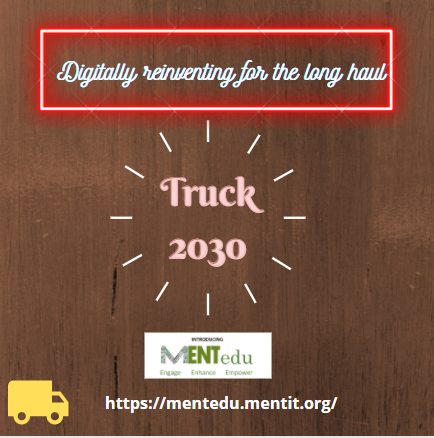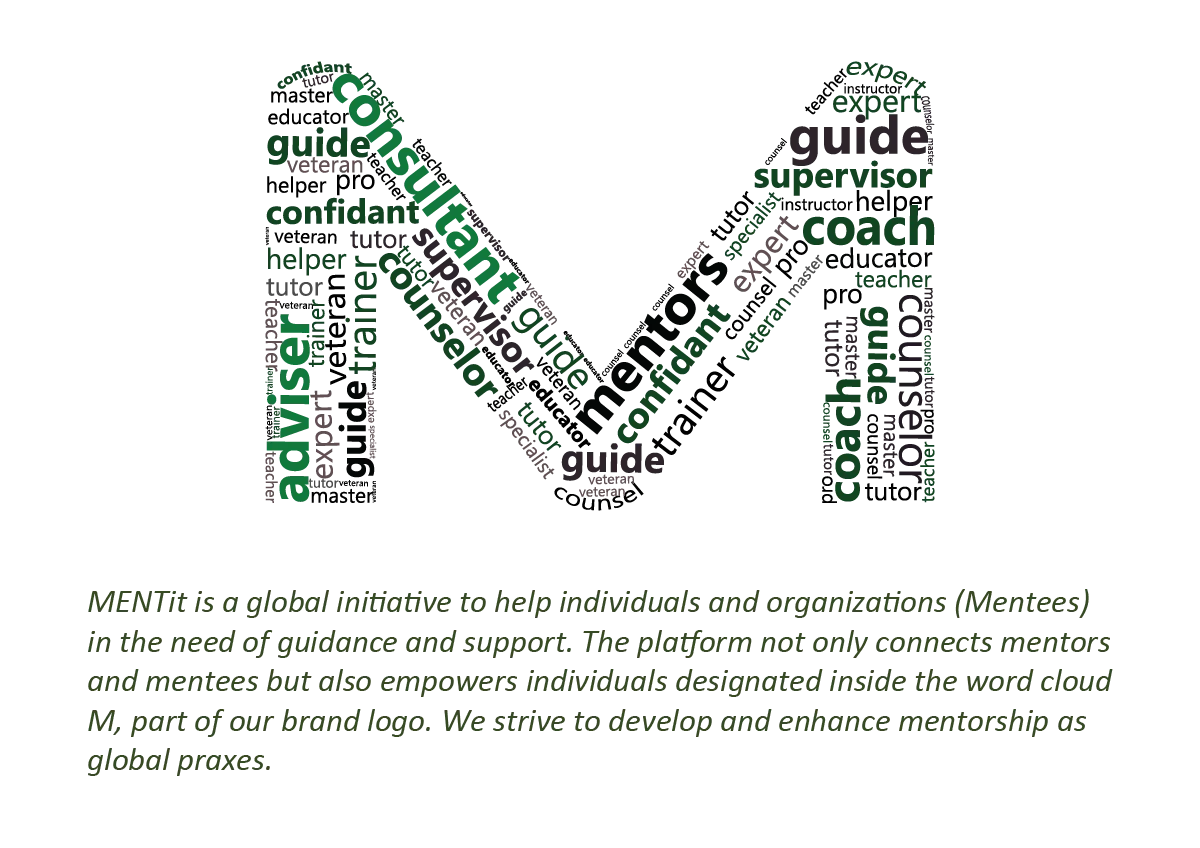Tokens for personal mobility Enabling automated transactions in real-time
By Author: Mr. TEAM MENTit (MENTit Both)Affiliation: MENTit
What exactly is a token?
- Tokens are a flexible new form of value that may be used to allow frictionless transactions inside a certain use area, such as commerce.
- A token is a type of digital asset that is managed by a blockchain. Tokens are a form of value that is protected by encryption.
- Tokens are versatile and programmable, making them valuable in the machine-to-machine economy.
- As the automobile industry's reach of automation and digitalization expands and cars achieve autonomy, the function and relevance of a token as a medium of exchange is bound to grow
There are three basic sorts of tokens:
- A payment token, such as Bitcoin, is the storage of money value. This sort of token may be used as cash in the same way that a paper US dollar note can. Its value is determined by the token's demand. The supply of tokens differs from that of fiat currencies like the US dollar. The dollar supply is determined by the US government's monetary policy. A central authority, the Federal Reserve, sets the issuance, governance, and supply limitations. The supply of tokens is determined by the linked protocol's monetary policy and administration. The laws of cryptography and mathematics are enforced by decentralized blockchain networks.
- A utility token is a type of token that is used to represent a system's functionality. It's unique to that system or protocol, such as a token that grants access to a certain quantity of cloud storage. A utility token functions as a ticket that grants access to a limited amount of products or services.
- A security token is a digital asset that represents ownership or an interest in the assets or property of the issuer. These tokens might be seen as an offer of shares or units in a collective investment plan, as well as a debt due by the issuer.
Taking advantage of monetization
- In two IBM Institute for Business Value assessments on the future of the automobile industry, industry leaders identified technological advancement as the most powerful external driver affecting digital, vehicle, and enterprise.
- Automakers are looking into how technology may allow new token-based monetization options and business models.
- Payment barriers are reduced and the complexity of present systems is reduced when tokens are used.
- A car that is programmable and connected to the internet, for example, may send and receive tokens and participate in a mobility network.
- Tokens can facilitate ecosystem interoperability, allowing semi- or fully autonomous cars to purchase and offer new services.
- These cars can utilize tokens to obtain electricity, data, route information, parking, service, and toll roads on their own as needed.
Using payment tokens in place of currency
- In the automotive marketplace, tokens can be used for automated, real-time, immutable settlements and microtransactions. For example, suppose a car is co-owned by a small group of friends.
- The car could be automatically serviced with the service costs distributed among the owners, so the crypto wallets of all parties are automatically debited for the correct amount.
- These payments could be granularly and transparently calculated in a way that promotes equitable sharing.
- Each person would be charged based on how much he or she used the vehicle.
- Customers could use payment tokens with any partner in the network, which might include repair shops, auto parts suppliers, insurance companies, car-sharing services, and car dealers. By taking advantage of decentralized blockchain technology, it’s possible to pay securely and agree to complete fulfillment of service obligations.
- With typical currencies, implementation of per-second billing for parking is impossible, but paying in tiny increments is feasible with tokens.
Tokens are used to facilitate usage and ownership.
- Utility tokens are similar to credits in that they allow owners to use a system's services.
- A ride-sharing service operator, for example, may issue utility tokens to help pay the service's supply.
- The ride-sharing services are then used over time by the token buyers.
- Token holders may use the utility token to pay for transportation or sell their tokens if they didn't want to keep them.
- The objective of the token in this case is to make it easier to provide ride-share services and to allow token buyers to consume rides.
- Security tokens are similar to stock certificates in that they provide users ownership of an asset, service, or network.
- Security tokens have the potential to be more liquid than traditional securities and provide additional benefits such as immutable programmability.
Tokens can be combined in a variety of ways.
- Tokens may be used for a lot more than just automobile ownership.
- New mobility business models, suppliers, goods, and services have a lot of potentials.
- For instance, a token used to share fleet ownership might also be used by token holders to consume services offered by the fleet.
- At the same time, token holders may be able to purchase services from other members of the fleet's ecosystem.
- In this instance, a single token may serve as a security, utility, and payment token all at the same time.
- Within an ecosystem, tokens may be used to transact in a variety of ways.
- Numerous new choices and business models are made feasible by mixing numerous sorts of tokens with various types of transactions.
- The aim is to enable real-time transactions, and tokens will be a crucial enabler.
- Tokens for payment, usefulness and security all have their own purpose and value.
Consider the following questions as you build your token strategy:
- What kind of mobility experiences are you attempting to provide to consumers, and what role might tokens play in enabling them?
- What regions do you want to use tokens in, and have you or will you be able to engage regulators in those markets early?
- Based on the experience you're attempting to offer, your commercial goals, the pilot's region, and the legal landscape, what sort of token makes the most sense?
References:
Disclaimer:
The views/opinions expressed in this blog by me as a MENTit user are my personal. MENTit or its promoters or other users may not share the same views or opinions as mine. If any copyright/trademark/patent/plagiarism/controversy issue emerges because of this article written by me, I, as an author, shall be the sole responsible for the consequences.








